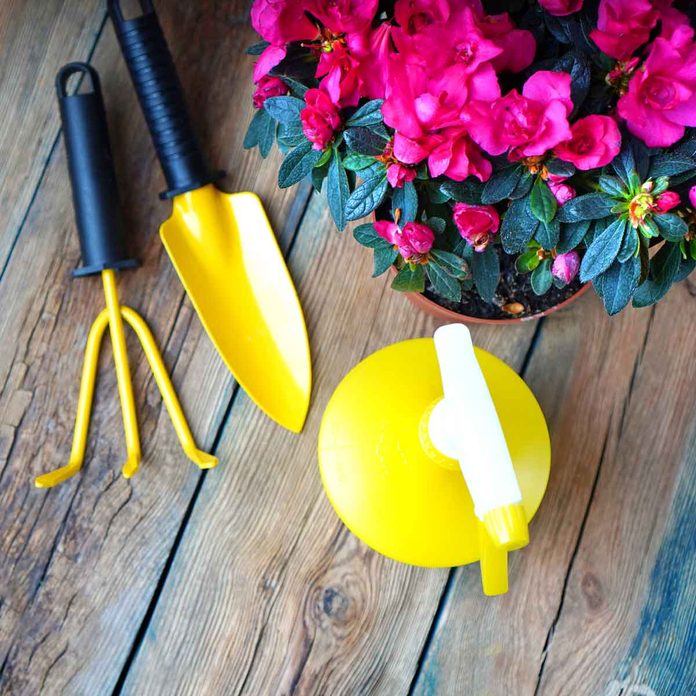
How to Care for and When to Plant Azaleas
Most people buy their azalea plants in the spring when they’re in bloom. The advantage of buying and planting at this time is that you can see their color displays and arrange their placement accordingly. But summer heat is hard on azaleas, so you’ll have to maintain a regular watering schedule.
Planting azaleas in the fall gives the plants more time to get established. But because you’re planting when the azaleas aren’t in bloom, you can’t plan your color scheme quite as easily, although you can usually rely on the plant’s label for an idea of color.
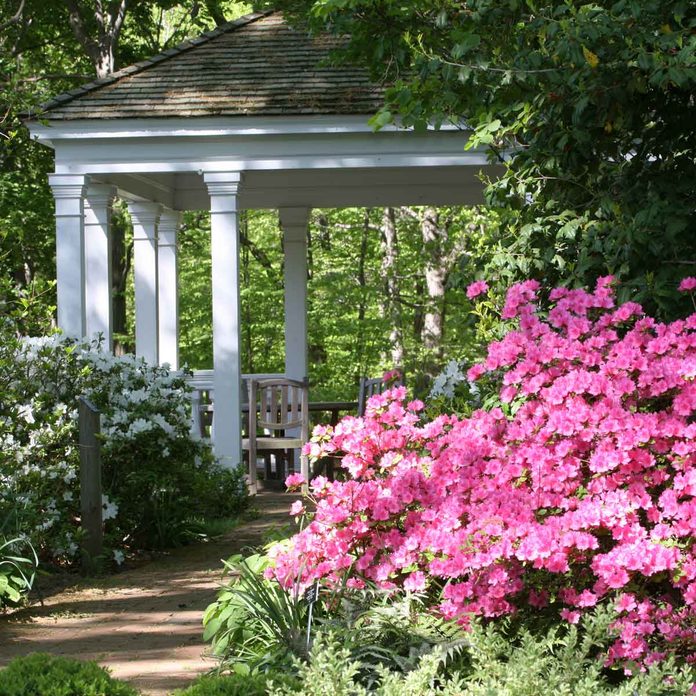
Location, Location, Location
When planting azaleas, choose a location with dappled shade.
“While azaleas grow happily in warmer climates, placing them in a sunny location with additional heat re-radiated from buildings or pavement could lead to stress and pest problems,” says Deanna Curtis, New York Botanical Garden senior curator of woody plants. She cites mites and lace bugs as frequent pests on azaleas placed in too-sunny spots.
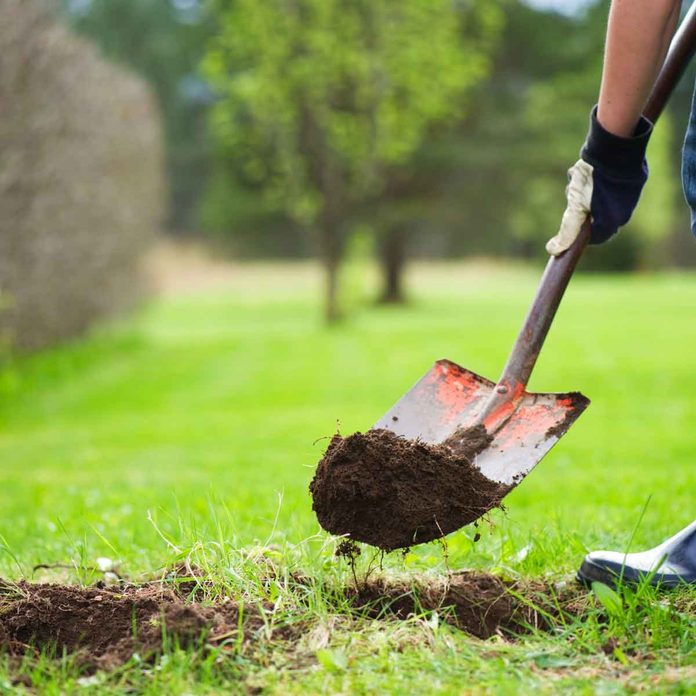
Choose Well-Drained Soil
Azaleas have fibrous, shallow roots, so wet soil can easily damage those roots and deprive them of oxygen. “Azaleas won’t tolerate wet feet,” says Curtis, “so make sure the soil drains well when watering.”
Phytophthora, or water mold fungus, is a common culprit on over-watered, poorly drained azaleas. It’s much easier to prevent than it is to treat, so choose well-drained, well-aerated soil.
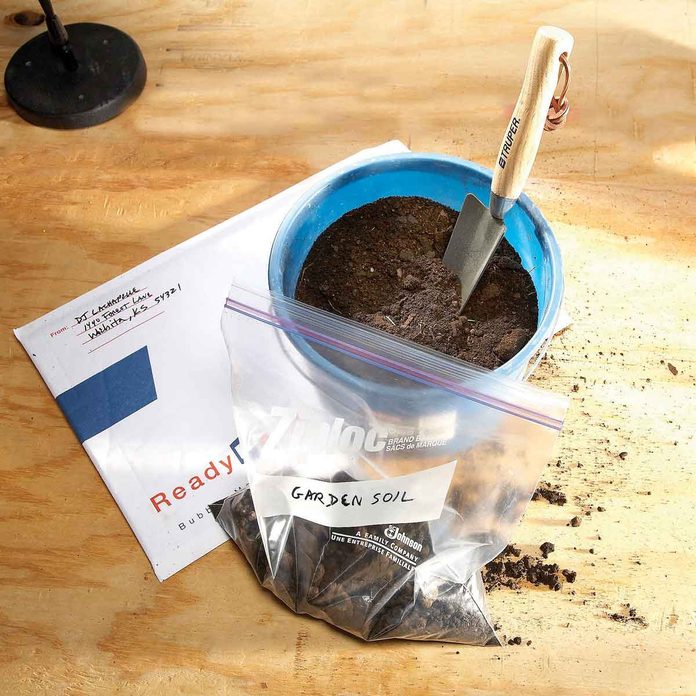
How to Care for Azalea Soil
Azaleas like acidic soil and will not tolerate high pH soils, Curtis says. A range of 4.5 to 6.0 is ideal. Signs of high pH (soil that’s more alkaline than acidic) include yellowing leaves, or chlorosis.
If you’re unsure of your soil’s pH, you can test it with an at-home kit or by submitting it to a lab. To make the soil more acidic, replenish it each spring with organic compost, which will raise the acidity.
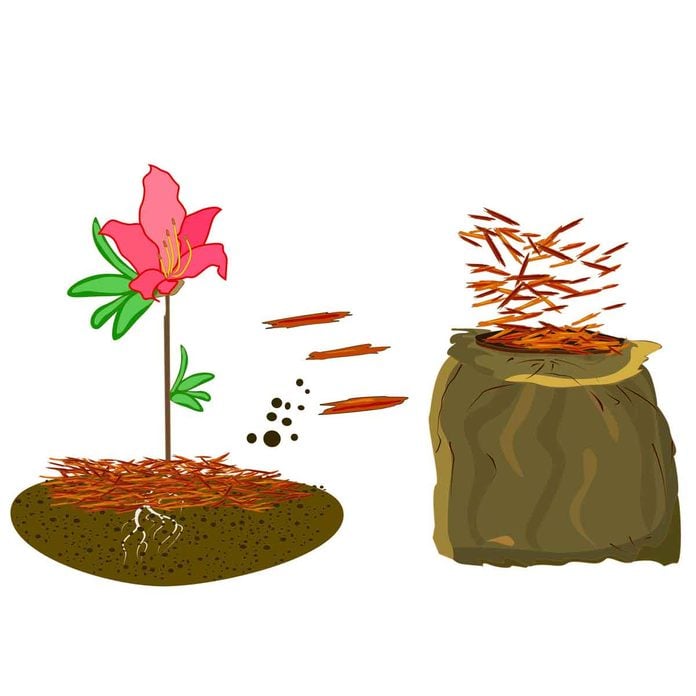
Mulch in Moderation
Mulch doesn’t just keep your garden and plantings looking neat and orderly; it helps increase soil acidity as it decomposes. Mulch also protects soil from extreme temperature variations.
Spring is the best time to mulch, although you might want to replenish a little in the fall to protect your plants from harsh winter weather. Curtis says to be sure not to pile mulch near the root crown, which could promote crown rot.
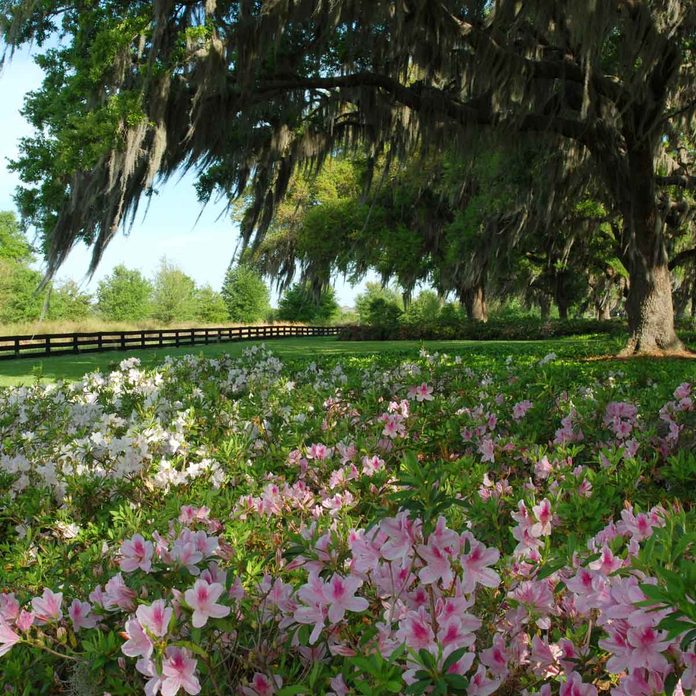
Plan for Shape and Bloom
Designing a garden with azaleas is a fun and creative pursuit. “In addition to flower color, growth habit and bloom-time are two key factors for choosing azaleas,” says Curtis.
Some plant varieties grow low to the ground and spread out, while others grow tall, wide and round. Play these shapes off one another. “Most azaleas have a strong presence in the garden when in bloom, displaying many strongly colored flowers, so it’s important to consider what else will be in bloom at the same time,” Curtis says.
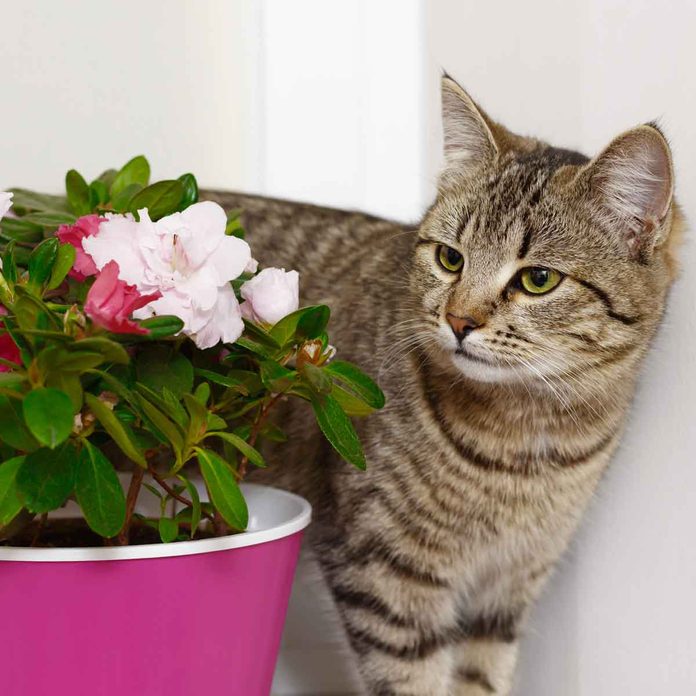
Keep an Eye on Your Pets
Azaleas are a sub-group of the rhododendron family. And while both azaleas and rhododendrons are beautiful to look at, they’re toxic to humans and dangerously poisonous to your pets. If your cat or dog ingests even a small amount of an azalea plant, they will likely experience nausea and diarrhea, and may even die from the plant’s toxins.
Luckily, household pets don’t tend to eat azaleas. But if you happen to keep goats, horses or other hoofed animals, keep them far away from your azaleas.
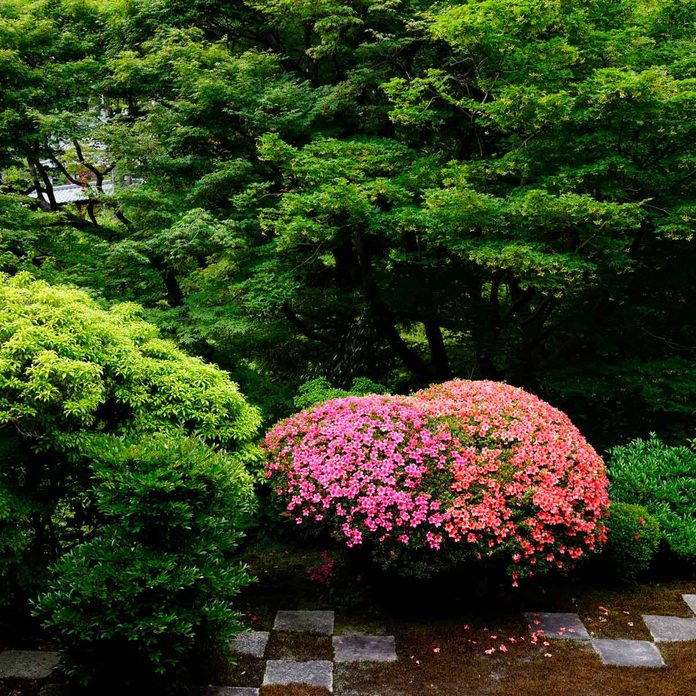
Give Your Azaleas Some Friends
Azaleas are an easy plant to grow, and they look great combined with other shrubs and trees that like the same partial shade and acidic, well-drained soil.
“The list is endless,” says Curtis. “The Chilton Azalea Garden at the New York Botanical Garden is planted with dogwoods and witch-hazels, as well as tens of thousands of herbaceous perennials.” The azalea garden is a real stunner when it’s in full bloom!
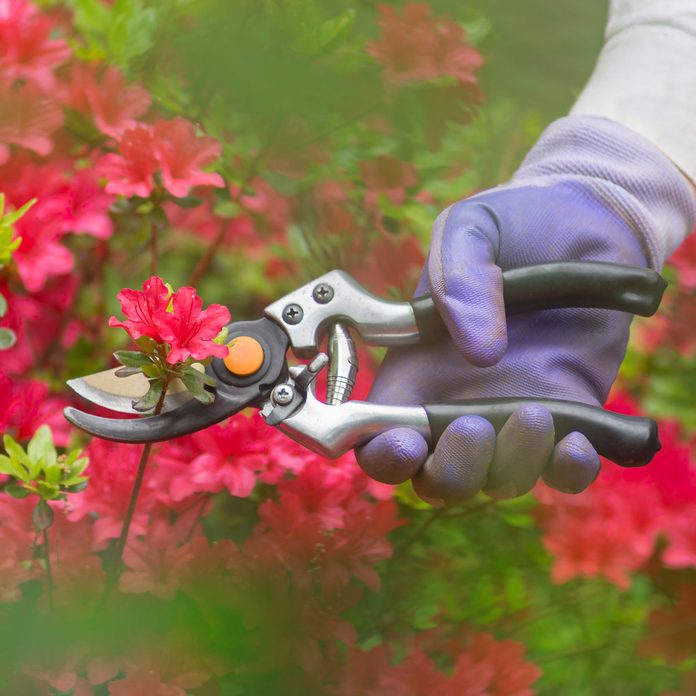
Prune for Shape and Size
Azaleas don’t need to be pruned to thrive, unless you see dead branches that need to be cut back. But in residential yards and gardens, pruning azaleas can help tame their size and shape and contribute to the garden’s overall look.
Prune in the spring before the first buds appear. Once the azaleas have bloomed and flowers have wilted, you can cut off the dead blooms.
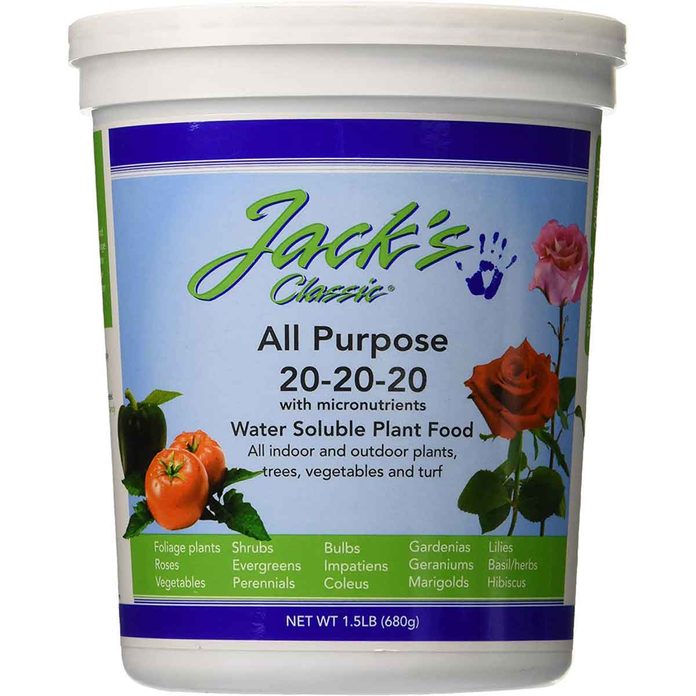
Fertilize Feeble Azaleas
Azaleas don’t need to be fertilized to thrive. But if your plants are looking a little peaked, or they’re showing yellowed or curled leaves, then a little fertilizer will give them a boost.
If you’re having your soil analyzed, wait for those results and fertilize accordingly. Azaleas are most often hungry for nitrogen. If you don’t analyze your soil, then choose an all-purpose fertilizer with equal parts nitrogen, phosphorus and potassium.
